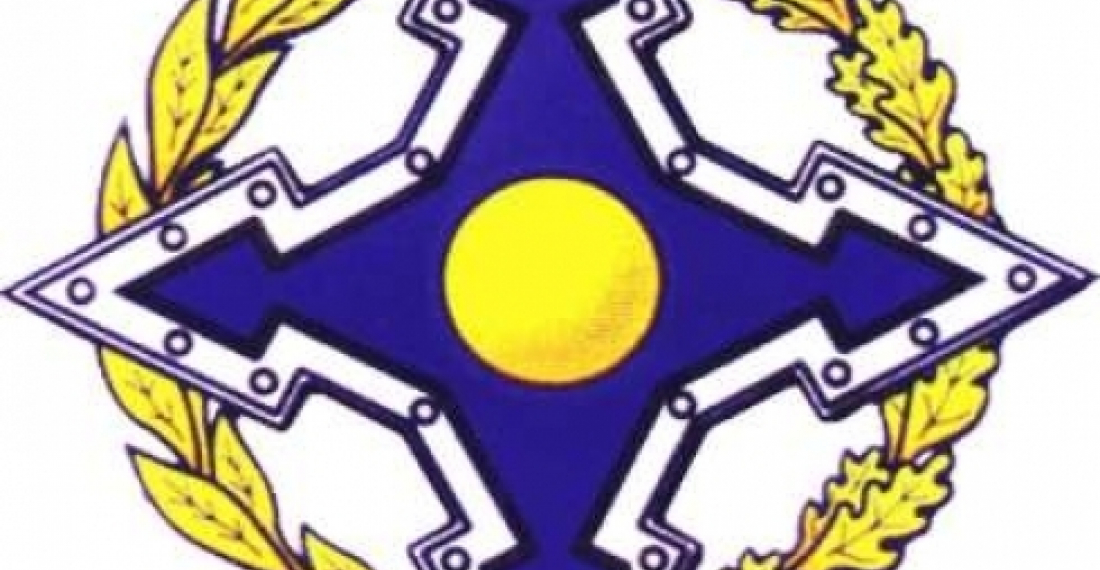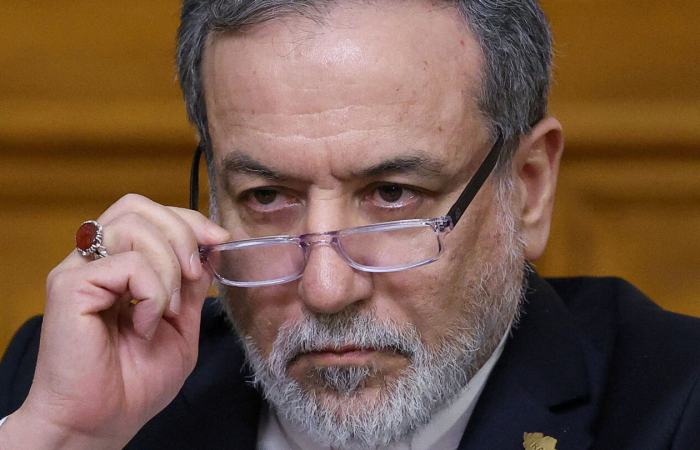"Я уверен, что мы проведем блестящие учения, которые продемонстрируют мощь ОДКБ и важную роль Армении", - заявил 13 апреля секретарь Совета национальной безопасности Армении Артур Багдасарян в ходе заседания межведомственной комиссии по координации работ, направленных на реализацию мероприятий в рамках ОДКБ.
По словам Багдасаряна, два дня назад президент Армении Серж Саргсян подписал распоряжение о создании специальной рабочей группы под руководством секретаря Совбеза для подготовки учений Коллективных сил оперативного реагирования ОДКБ, которые пройдут в Армении 3-8 сентября 2012 года. Работа по подготовке учений осуществляется в непосредственном сотрудничестве с Министерством обороны, Службой национальной безопасности, Полицией, МЧС и МИД Армении.
Учения КСОР ОДКБ пройдут в Армении в соответствии с Планом совместных мероприятий оперативной и боевой подготовки органов управления и формирований сил и средств системы коллективной безопасности ОДКБ на 2012 г. Темой учений является "Применение сил и средств системы коллективной безопасности ОДКБ в Кавказском регионе коллективной безопасности с участием КСОР".
В ОДКБ входят Армения, Белоруссия, Казахстан, Киргизия, Россия, Таджикистан и Узбекистан.
В Ереване уверены в успехе предстоящих учений КСОР ОДКБ
В Ереване уверены в успехе предстоящих учений КСОР ОДКБ







